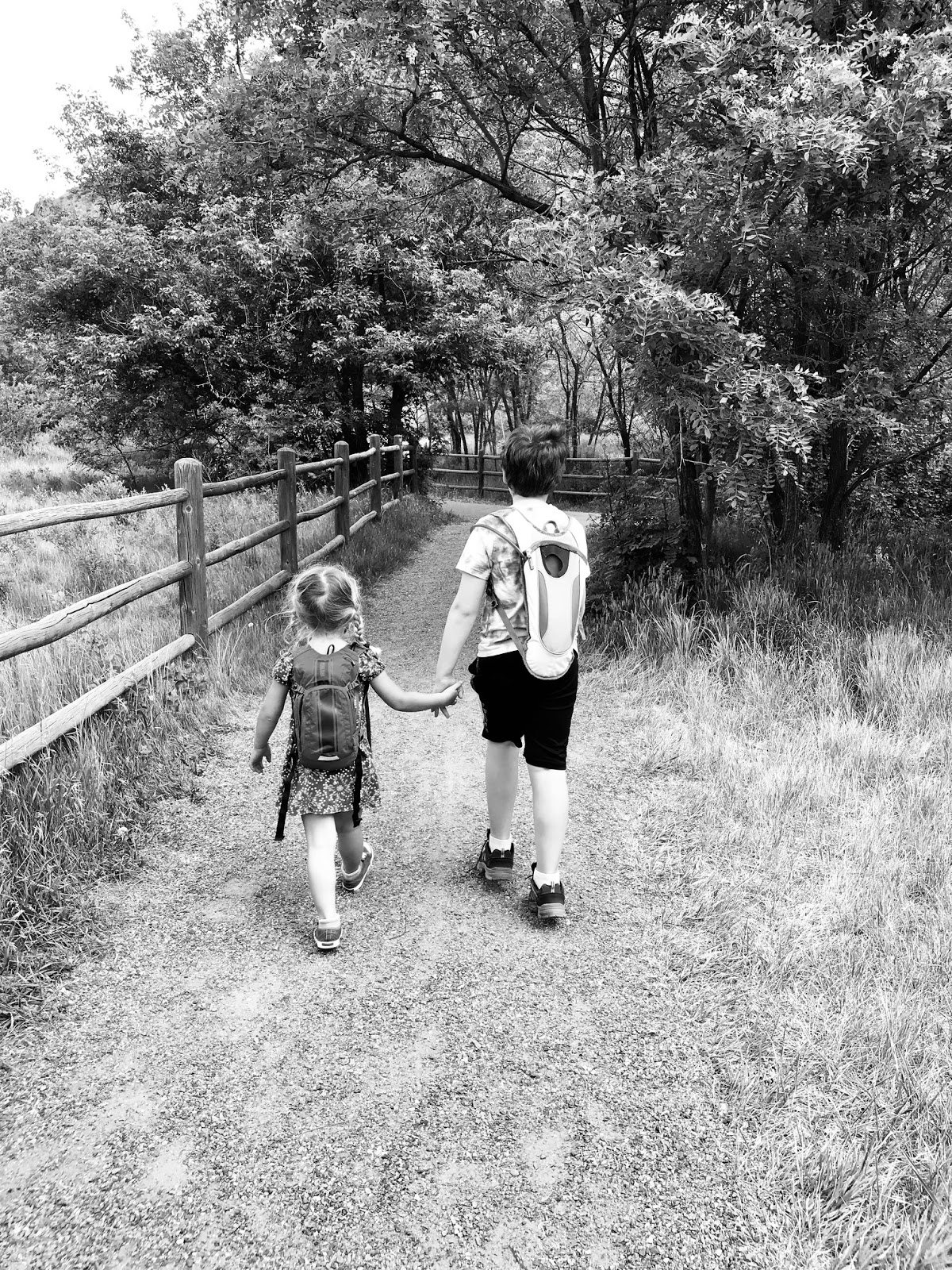It’s been easy to fall into a pattern during quarantine, and it mostly involves staying indoors.
We don’t go out with friends. We’re all growing used to not getting dressed in the morning. Most of us are more sedentary than ever. Back in the pre-pandemic world—which might feel like a dream—more of our social plans revolved around outdoor activities like school sports, weekend camping, or picnics with friends and families. And while some of these outdoor activities may need to change to keep up with our new safety habits, it doesn’t mean we can’t still motivate our families to get outdoors.
Let’s talk about how to make it happen, and why it’s important!
Why It’s Important: The Brain Science
According to a 2015 study from Stanford University, getting out into nature lowers our risk of depression and anxiety while helping us to better regulate our emotions. However, researchers also found that in city-dwelling populations where nature is less accessible, people may be more prone to stress and depression.
This has led to the growth of a scientific field called ecotherapy. Ecotherapy follows the connection between healthier brains and exposure to nature, prescribing short bouts of time outdoors to help maintain a healthy brain. Even 20 minutes outside three times a week can make a huge difference. Ecotherapy experts also recommend using simple tricks to bring the outdoors in, like listening to nature sounds or surrounding yourself with green house plants.
Ideas for Getting Outdoors
Find your spot: Even if you live in an urban area, there’s always nature to be found. Do a search online for nearby parks and nature spots. Websites like AllTrails can help you find walking and biking paths tucked away from the main drag of the city, or you can hunt for serene grassy areas in a local park.
Decide who’s coming: You might want to do this alone or with the family—and we’d recommend both! Having some alone time in nature, away from the people you’re with all day, every day, is an important part of your self-care routine, even for short bouts of time. And when you go with the family, all the benefits discussed above are great for your kids’ brains, too! In addition, being in nature offers a million ways for kids to learn creativity, curiosity, and exploration—all of which are ideal for their growing brains.
Schedule your ecotherapy: Add regular dates and times to the family calendar. Think of these as important appointments that can’t be missed, just as you wouldn’t miss a doctor’s appointment. Schedule ecotherapy breaks into your workday if you can. If you live in a place where nature is more easily accessible, take a walk in the middle or at the end of your day. If you’re further away from nature, perhaps weekends are your best bet.
Prepare the family: If this is the first time getting out in nature with the kids in a while, prepare them ahead of time. Have them pack their own special backpack with their supplies, and give it a fun name like an Explorer Kit (think Dora the Explorer!). Pack it with their water bottle, a snack, and fun exploration tools like binoculars, a magnifying glass, or a container to collect bugs. You can also print out a nature scavenger hunt (there are tons on Pinterest) to help the kids feel excited and engaged in this new activity.
Get there, enjoy, and notice how your brain and body feel:
As you try this out, take some data: How did I feel before this ecotherapy, on a scale of one to ten? How do I feel after? What do I notice about my brain and body? You should also reflect on the experience with your kids. What was the best part of our outing? What did we learn for next time? (i.e. bring bug spray…..) How did we all feel after having this outdoor time together? Don’t forget to also spend time planning the next adventure together!
For fun ideas you can do with the whole family, including an awesome list of activities that all kids should do before they’re 12 years old, jump over to Generation Wild for inspiration. And don’t forget to check out our other posts for more tips on keeping your family healthy and safe (and sane!) during these changing times.

